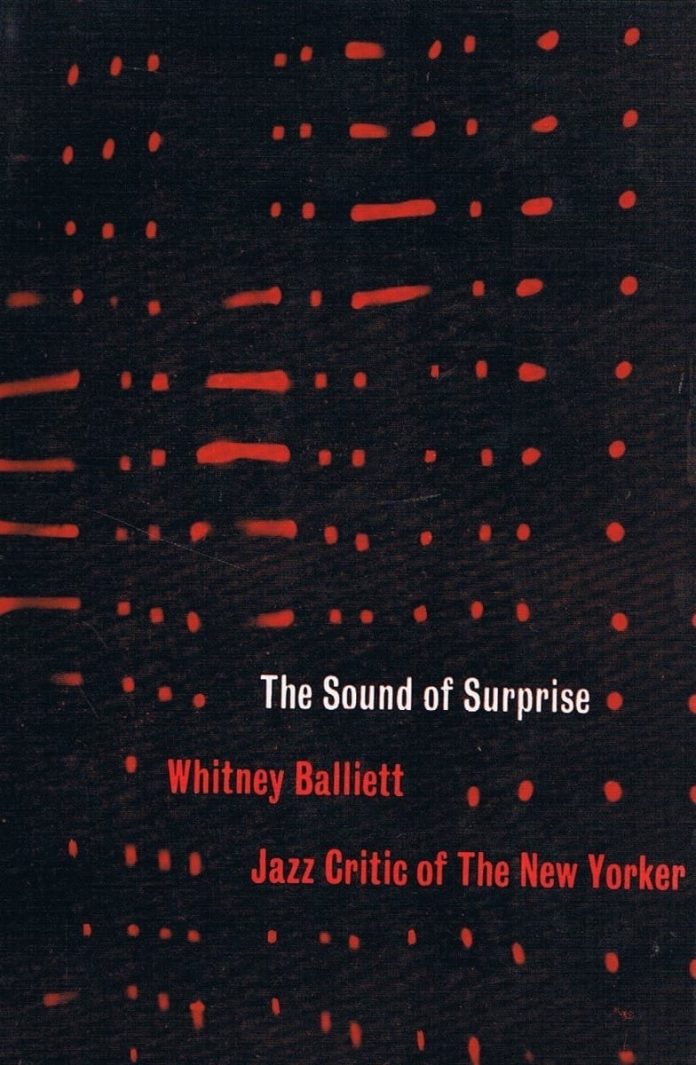This makes a nice bedside book on jazz, for nearly all the forty six articles are pithy, to the point and easily readable. They are also commendably short.
I can’t say I agree with some of Mr. Balliett’s statements, for many of his opinions are highly personal, but there are so few jazz writers who combine his ability to write lucid, entertaining English with an acute perception of what jazz is all about, that I forgive him some of his more outstanding idiosyncrasies.
I do however find it hard to forgive his evaluation of Louis Armstrong’s work in the period between 1920 and 1930 as having “an uncluttered deceptively matter-of-fact manner that was marked by a brassy tone and a tendency to fluff one out of every five notes”.
I can only think, reading this passage, that Mr. Balliett doesn’t own a very extensive record collection, for from this decade came the Hot Fives and Sevens, the Clarence Williams Blue Fives and indeed most of the records that are generally recognised as Louis’ best.
The articles have been arranged so as to form a kind of potted jazz history and cover a wide selection of subjects. They have all been culled from the pages of the New Yorker and the Saturday Review.
The Sound Of Surprise by Whitney Balliett (William Kimber. 25s. 254 pp.)
















